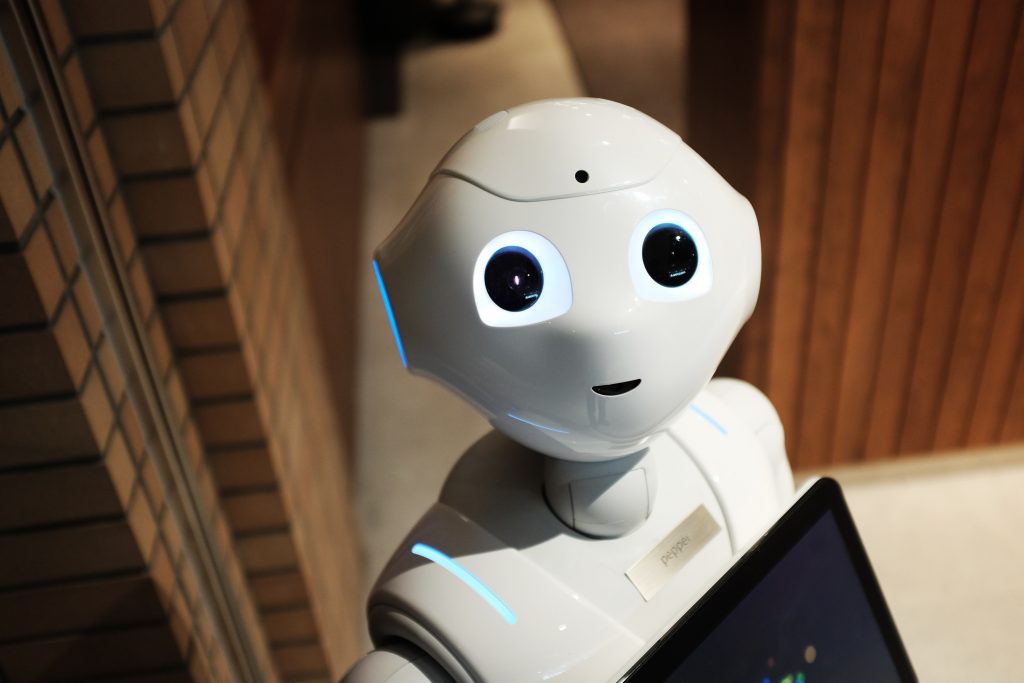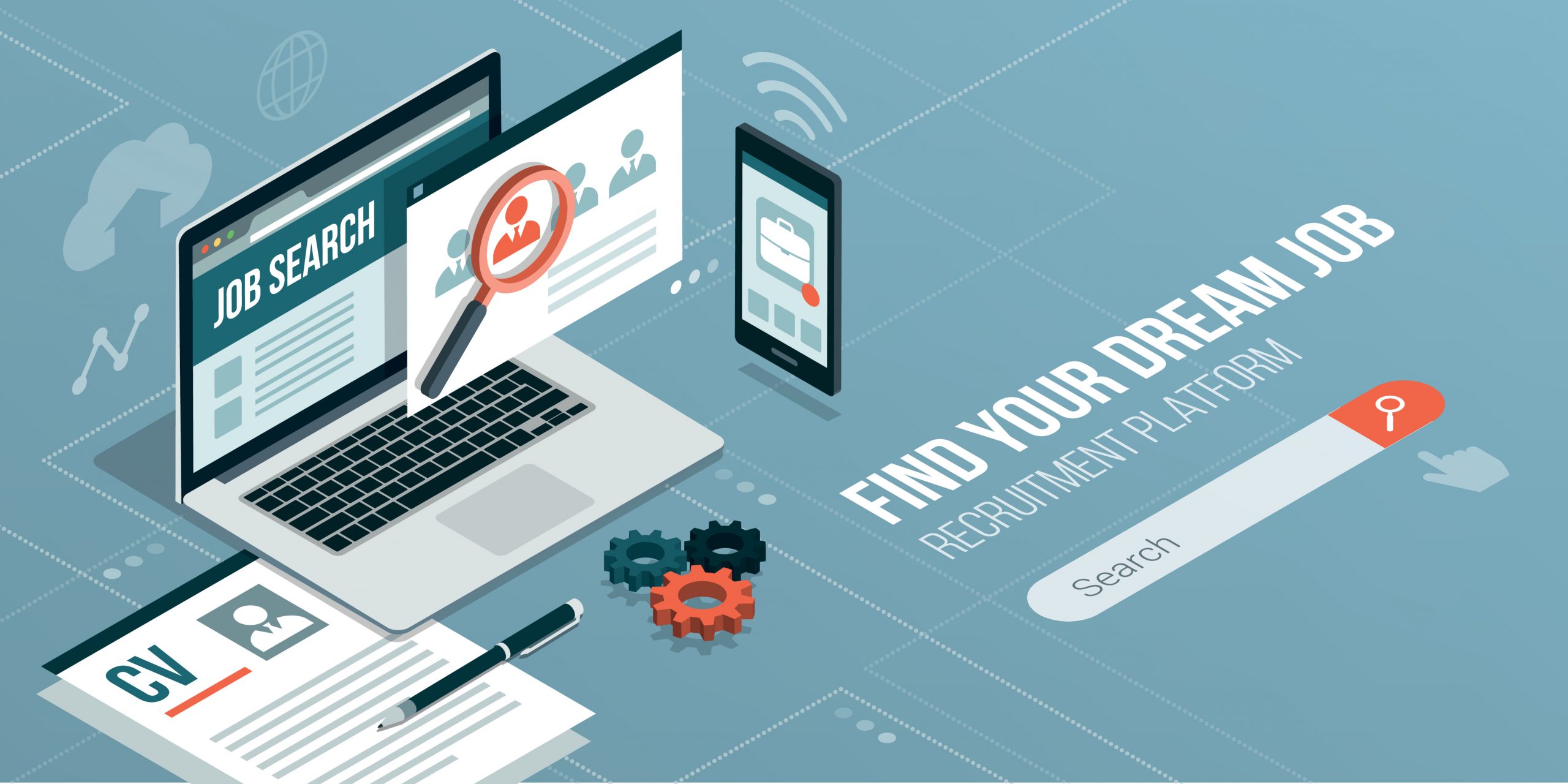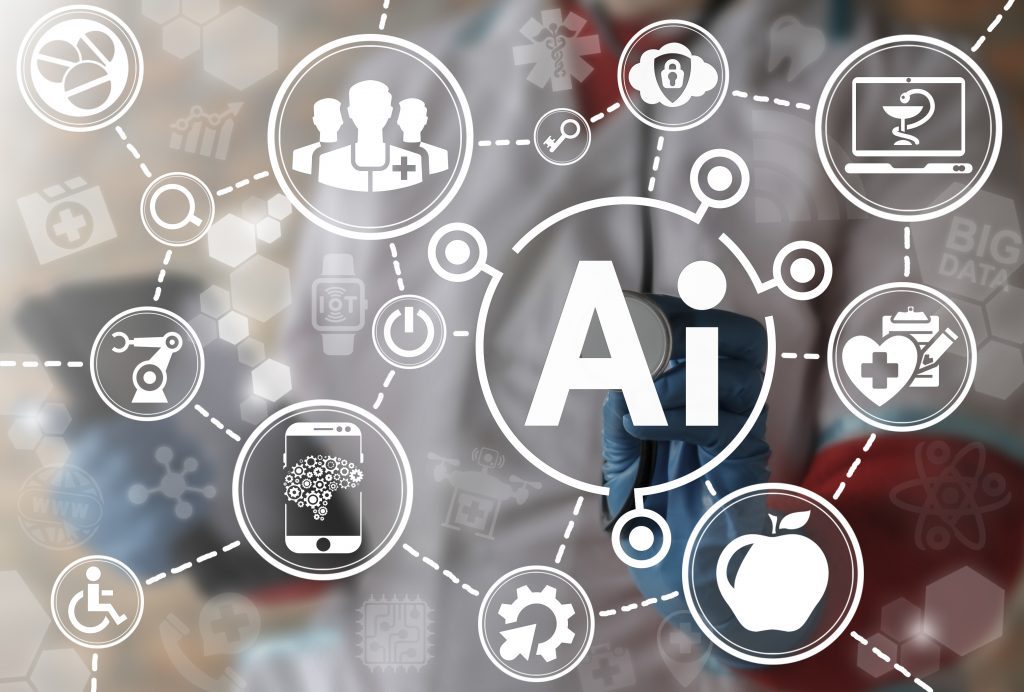The Only Thing I Think We Should Change Is Everything
The Only Thing I Think We Should Change Is Everything

For as long as I have been in the professional sphere, there was always one phrase that frustrated me above all others:
If it ain’t broke, don’t fix it
My challenge with this statement, and with those that espouse it, is the ease with which it disguises a fundamentally insidious ideal under the cover of folksy wisdom. The surface intent is a wholesome one, suggesting that our valuable effort is best spent on the most obvious and apparent of challenges, calling back to Occam’s Razor and implying that simpler is likely to be better. However, hidden underneath is a stern command, directing us to consistently ignore anything not demanding immediate attention.
Perhaps we can pull back this camouflage by reframing the statement slightly, while retaining a touch of the casual charm:
Good enough is good enough
This version, conveying largely the same message, lays bare the fundamental issue with this bit of “wisdom”. In accepting mediocrity as a reasonable state of being, it rejects the importance of self-improvement, and the value individuals and organizations can reap from maintaining a concerted focus on innovation.
In both my personal experiences and professional explorations, the rejection of this “common sense” has been a clear driver of success for leaders and the organizations they lead. At the core of the research my team and I have done into enterprise disruption, we have seen that the bulwarks empowering organizations to become increasingly resilient are anchored on their ability to embrace, drive, and sustain progressive change. These are the market makers, the innovators, and the long-lived captains of industry. These are the paragons that have cracked the code on continuously evolving without losing sight of who they are and what they want to become.
In turbulent times, where uncertainty is a reality of daily life, change is now the constant that organizations must learn to master. To do so, I encourage leaders to move away from misguided ideals and dated norms, and instead adopt a new rallying cry; a simple question focused on opening doors instead of closing minds:
What’s next?
>>>>>>
You can learn more about the research Dan is exploring through his publication series, “The Gospel of Resilience”, which examines the factors that make organizations vulnerable to disruption, and how they can build up their resilience, positioning them for long term success. Links to these publications can be found below:
The Gospel of Resilience, Chapter 1: Exploring the Resilience Curve and the Shrinking Plateau https://www.linkedin.com/pulse/gospel-resilience-dan-marquez/
The Gospel of Resilience, Chapter 2: Examining the Physics of Resilience that Demand Constant Change
https://www.linkedin.com/pulse/gospel-resilience-chapter-2-dan-marquez/
The Gospel of Resilience, Chapter 3: Discussing how Organizations Can Understand their own Resilience
https://www.linkedin.com/pulse/gospel-resilience-chapter-3-dan-marquez/
Get More on Being Prepared
Attend the Change Leadership Conference on Leading Change in the Face of AI and Robotics on May 30th, 2018. Hear from leaders and speakers that are currently leading and implementing AI and Robotics in their organizations, as well as acquire the knowledge, tools and strategies to help you prepare and stay ahead! Get more information




